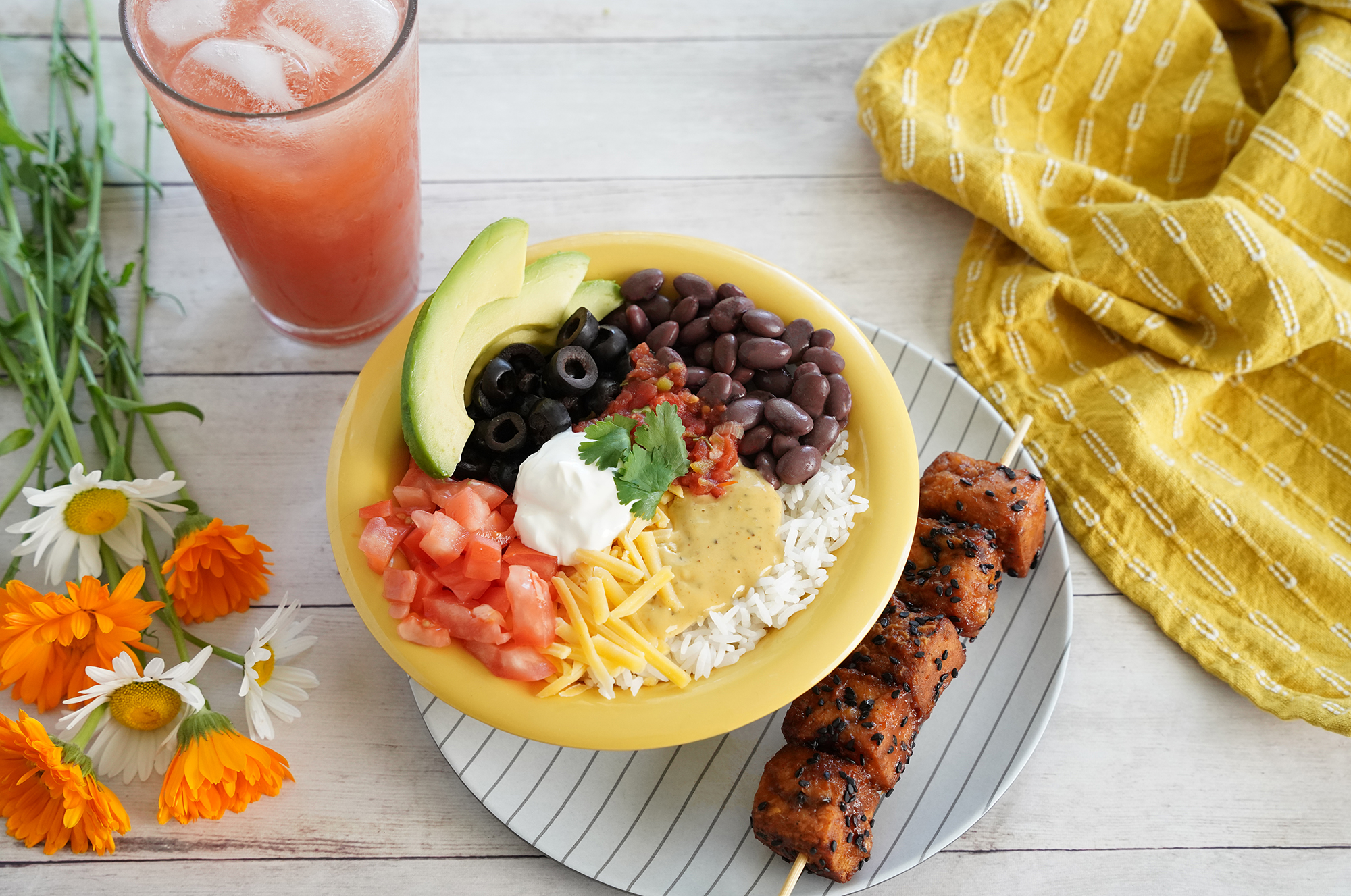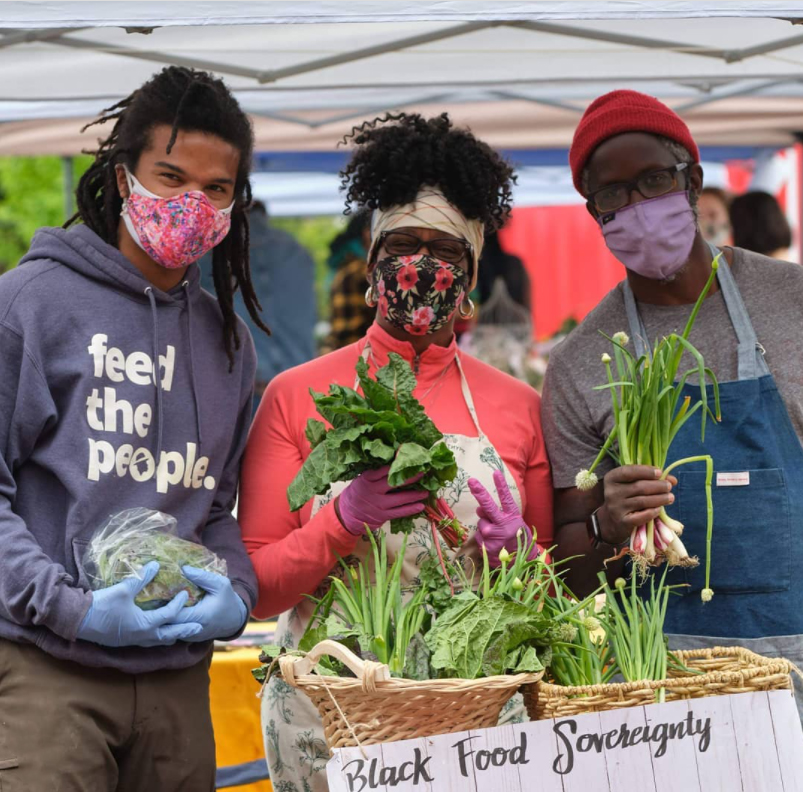
Juneteenth, also known as Juneteenth Independence Day or Jubilee, commemorates June 19, 1865 – the day a Union army general brought news to the citizens of Galveston, Texas that all slaves had been freed. Even though the Confederacy had fallen two months prior, it took nearly three years for news of the Emancipation Proclamation to reach Texas. After hearing the extraordinary words that freedom had finally come, formerly enslaved Africans rejoiced in song, prayer, and feasting.
The first official Juneteenth took place the following year as Black families began to build new lives as liberated people. Still, the path to freedom remained a struggle. Abolition was not immediately enforced in the remote South, and soon White leaders across the country introduced new laws that specifically targeted and disenfranchised Black communities. From housing, education, and marriage, to commerce, recreation, and healthcare, these new laws placed restrictions on nearly all aspects of life for Black Americans. The fight against these systemic inequities inspired the multi-generational civil rights movement, which strengthened throughout the 20th century and endures to this day – five hundred years after the first enslaved Africans were brought to America’s shores.
Each year, Juneteenth honors the end of slavery in the United States and is considered the longest-running African American holiday. The popularity of Juneteenth grew as Black families moved from the South to other parts of the country. Gatherings alight with music and homecooked meals often include red food like barbecue, red beans and rice, and strawberry soda. During the annual jubilee, the color red is used to symbolize strength, spirituality, and the many lives lost on the road to freedom. But what exactly does freedom mean? To many, it means access to quality education, to housing stability, to fulfilling work and economic opportunity, to nutritious food and clean water, to love, friendship, and family.
It is the natural-born right to not just survive, but to THRIVE.

While back in the 1800s it took years for news to travel, today we are privileged with technology that allows us to shine a light on injustices in real time, to share our stories, and to organically foster systems of mutual aid. This great responsibility is gifted to the children of our ancestors – to us – to remember our shared past, to identify its impact on our lives now, and to actively dismantle racism every day. Equally important to our collective healing is enthusiastically celebrating Black creativity, Black leadership, and Black joy!
Our purpose at Café Yumm! is to “nourish humanity and the world,” and that means uplifting organizations like the Black Food Sovereignty Coalition. We are happy to partner with BFSC for a third year in support of their mission, which is to serve as a hub for Black and Brown people to confront the systemic barriers that make food, place, and economic opportunities inaccessible to BIPOC communities. Creating sustainable food systems that generate long-term financial prosperity, BFSC organizes networks that encourage resource sharing, skill-building, and leadership development among BIPOC farmers, food suppliers, and entrepreneurs. The organization also brings a variety of locally grown agricultural products to market, offers farm education, and creates programs to share intergenerational food traditions.
Café Yumm! will make a donation to the Black Food Sovereignty Coalition in honor of Juneteenth, and we hope you will check out their website, visit the ComeThru BIPOC Market, or make a donation to support their important work in the Northwest.
Wishing you all a joyous Juneteenth!